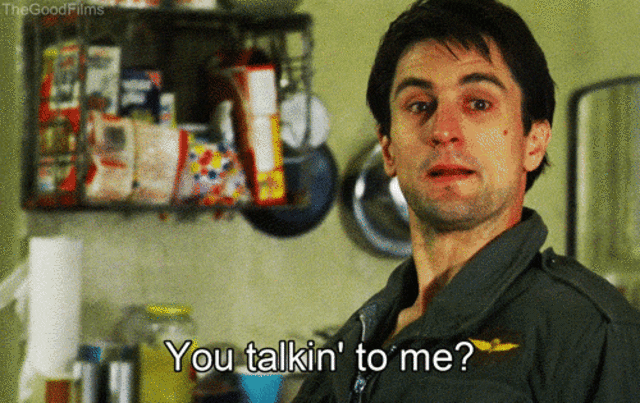When a manuscript is submitted to an academic journal, it generally undergoes peer review. That is, the manuscript is read by other researchers who rate the quality of the manuscript, suggest improvements, etc. Based on these peer reviews, the editor of the journal then either rejects the paper, or accepts it for publication, usually after one or two rounds of revision.
A thorny question in this process is whether reviewers should remain anonymous, or whether they should disclose their identity by signing their reviews. There's a wide-spread belief that signing reviews is dangerous, because authors may not appreciate your critical comments, and may even retaliate, for example by trashing your manuscript when it's their turn to review. This would be especially dangerous for early-career researchers, who don't have permanent positions, and are therefore vulnerable to career damage.
A few days ago, Hilda Bastian voiced this concern in a blog post. I feel that her post is somewhat alarmist, in the sense that it starts from the assumption that signing reviews is indeed dangerous. (Although she also points out that it can in some cases help to build a reputation.)
And this prompted me to share my own experiences here.

Robert De Niro as an easily offended author.
I have signed all of my reviews, starting from the very first one, which I believe was in 2011 when I was still a junior PhD student. Since then I've reviewed about 100 manuscripts and grant proposals, most of them undergoing multiple rounds of revision.
So what are my experiences?
I'm sorry to disappoint the sensation-seekers among you, but my experiences have been wholly unremarkable. Over the years, I have received very little feedback on my signed reviews. A handful of times, at conferences, colleagues brought up that I reviewed their manuscript, and then only to thank me for my feedback. I've never received any kind of negative responses from authors, and certainly never any suggestion that someone would 'retaliate' after receiving critical comments from me. Recently I've even started to collaborate with someone whose manuscript was rejected based in part on my review. We're currently improving their original experimental design.
Of course it's possible that some of my colleagues hold secret grudges against me, and are sabotaging my career in subtle ways that I haven't noticed. But that's exactly the kind of paranoia-inducing, unfalsifiable hypothesis that I don't even want to consider.
So let me rephrase: We're talking about hundreds of authors, including senior ones. And none of them ever reacted negatively to my signed reviews in any way. I'm forced to conclude that most researchers are decent human beings, who are able to deal with criticism gracefully, at least as long as this criticism is voiced respectfully, which I always try to do. (And when I fail to live up to this standard, which has happened, then I feel that I should be held accountable.)
Which doesn't mean that things like this never happen:
since becoming an asst prof, i've reviewed ~ 12 papers. signed one. received a phone call from the senior (tenured) author asking, "who do you think you are to make anything less than glowing comments?" so there are still dangers for young, non-tenured profs when reviewing.
— Tim Mosca (@drosophilosophy) March 2, 2018
I'm sure they do. But it's rare, and it's never happened to me. And of course you're much more likely to hear about the rare occasions that signed reviews went wrong than about the many occasions at which they did not. And the twittersphere is in general prone to bursting into flames about issues that aren't really issues at all. These factors no doubt distort our perception of how dangerous it is to sign reviews.
My personal impression is that signing reviews is perfectly safe, even as an early-career researcher. Just write respectful, constructive reviews of the kind that you would like to receive yourself—but you should do that anyway, even if you prefer to stay anonymous.